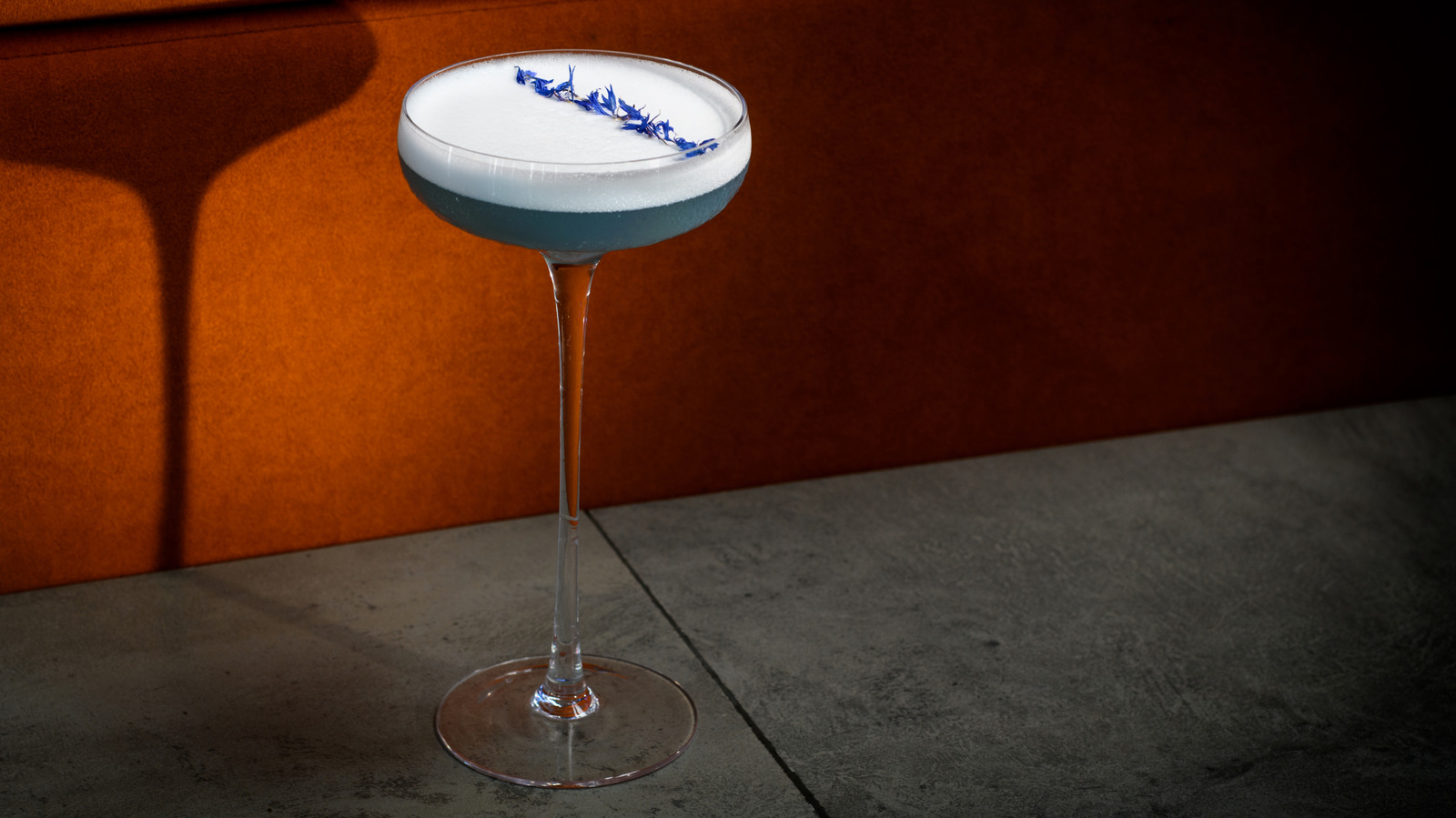
"During the Prohibition, cocktails with sweet mixers became popular to hide the terrible-tasting booze people were making themselves. The iconic last word cocktail, or the bee's knees, or the sidecar are Prohibition-era cocktails that would inspire mixologists nearly a century later and spark our current craft cocktail movement."
"Mocktails might feel like a new-fangled answer to today's wellness awareness, but these booze-free concoctions trace their roots back to the Jazz Age. For all the revelers daring to sip illicit hooch, there were temperance societies urging people away from the sauce."
"During the Prohibition, bartenders elevated existing recipes to create something people might still venture out for with booze off the table, facing the same challenges mocktail mixologists face today."
"There were hundreds of spirit-free options available during Prohibition, leading to the current revival of interest in mocktails, making today's scene a renaissance rather than a revolution."
The history of cocktails dates back centuries, with the term gaining popularity in the 19th century as a mix of spirit, sweetness, and acidity. During Prohibition, sweet mixers masked poor-quality homemade alcohol, resulting in the creation of iconic cocktails. Mocktails, though seen as a modern trend, have origins in the Jazz Age with recipes for non-alcoholic beverages. Bartenders faced challenges akin to today's mocktail mixologists, creating spirit-free options amid strict alcohol laws. This revival reflects a renaissance in non-alcoholic drinking culture, expanding consumer choices.
Read at Tasting Table
Unable to calculate read time
Collection
[
|
...
]